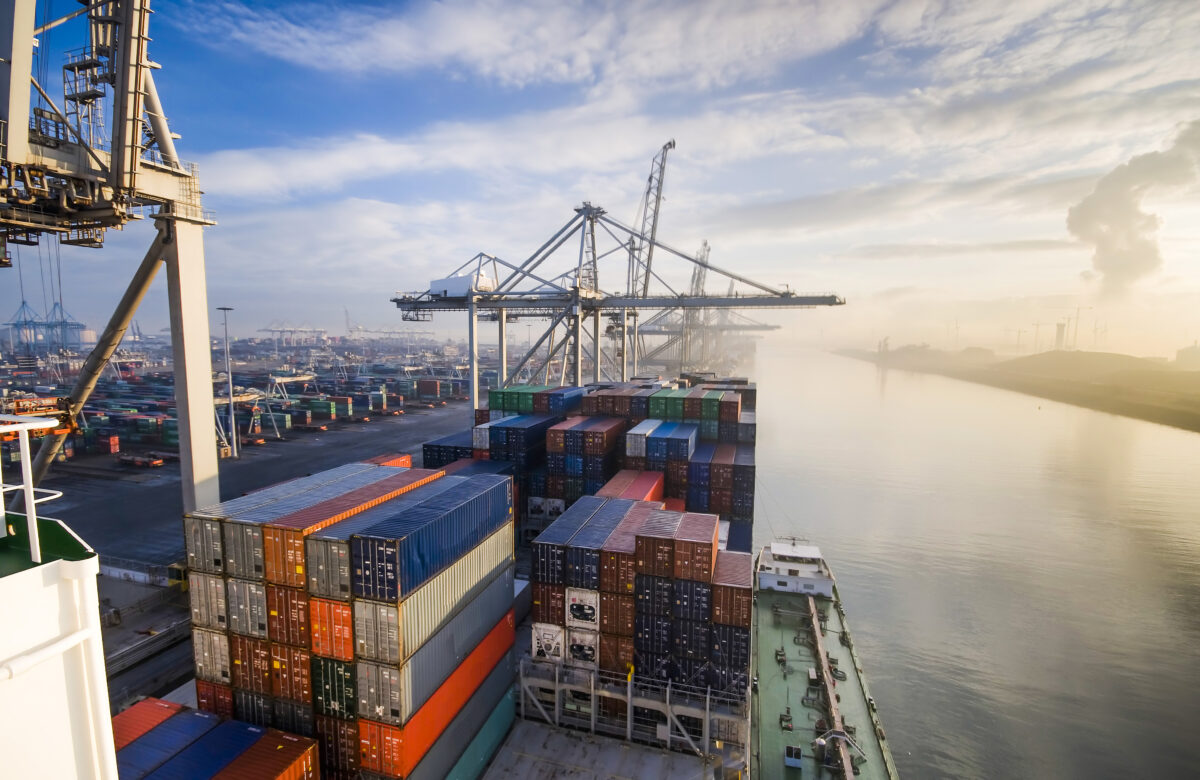What has not worked with the USA in transatlantic terms so far has now been achieved with Japan. At a summit in Tokyo, Commission President Jean-Claude Junker, Council President Tusk and Japanese Prime Minister Shinzo Abe signed the EU-Japan Economic Partnership Agreement, which is expected to enter into force in 2019. The agreement aims to create an open trading area involving over 600 million people. Exports of goods and services could now grow by 24 percent as a result of the agreement. European companies will also benefit from this and should already be looking at the opportunities and possibilities offered by the agreement.
What is JEFTA?
JEFTA (Japan-EU Free Trade Agreement) is primarily a free trade agreement. It is the largest and most comprehensive of its kind that the Union has negotiated so far. Japan is already the EU’s second most important trading partner in Asia. In 2017, trade between the EU and Japan was already worth 129.1 billion euros. The agreement is expected to further increase the current trade volume. In addition, the agreement strengthens cooperation between the EU and Japan at other levels, for example in the areas of climate protection or in the quest for sustainable development. At the same time, negotiations with Japan on investment protection standards and the settlement of investment protection disputes will continue. In light of the tense transatlantic relations with the United States of America, the agreement also has a symbolic political character in the form of an explicit commitment to free trade.
European companies can benefit
The Union’s trade with Japan has so far been hampered by above-average tariffs. The agreement now provides for the elimination of the vast majority of tariffs, which is why the European Commission believes that European economic output could increase by 0.76 percent in the long term. Commission President Jean-Claude Juncker therefore sees the agreement as an instrument that opens up opportunities above all for companies, but also for workers and citizens. The extensive abolition of customs duties is intended to save European companies exporting to Japan a total of around one billion euros in costs. In addition, a number of regulatory obstacles have been removed.
Key elements of the agreement and next steps
After the agreement comes into force, 85 percent of European agricultural products are to be delivered duty-free to Japan. In particular, prices for wine, dairy and meat products from Europe will fall for Japanese consumers. In return, Japan has recognised 200 geographical product names of European origin as worthy of protection, so that”Parmesan” or”Champagne”, for example, may only be sold under this name if the products actually come from the corresponding regions. European industry should also be able to sell products in Japan without additional testing, certification or labelling.
Japan is likely to benefit above all in the export of industrial goods, with the automotive industry in particular being relieved by more favourable export conditions. Over the next seven years, import duties on passenger cars from Japan are to be gradually reduced from the current ten percent to zero percent. Customs duties will also be abolished for commercial vehicles, which are currently subject to a duty rate of 22 percent. Japan can be expected to further increase exports of vehicles to the European Union.
In addition, there should be an opening of services markets, particularly in the areas of financial services, electronic commerce, telecommunications and transport. It is now in the hands of the European and Japanese Parliaments to ratify the agreement.
We support you in your Japanese business. Ask us now your questions about JEFTA.
Dieser Artikel wurde am 8. August 2018 erstellt. Er wurde am 13. April 2019 aktualisiert. Die fachliche Zweitprüfung hat Rechtsanwalt Dr. Tristan Wegner durchgeführt.

